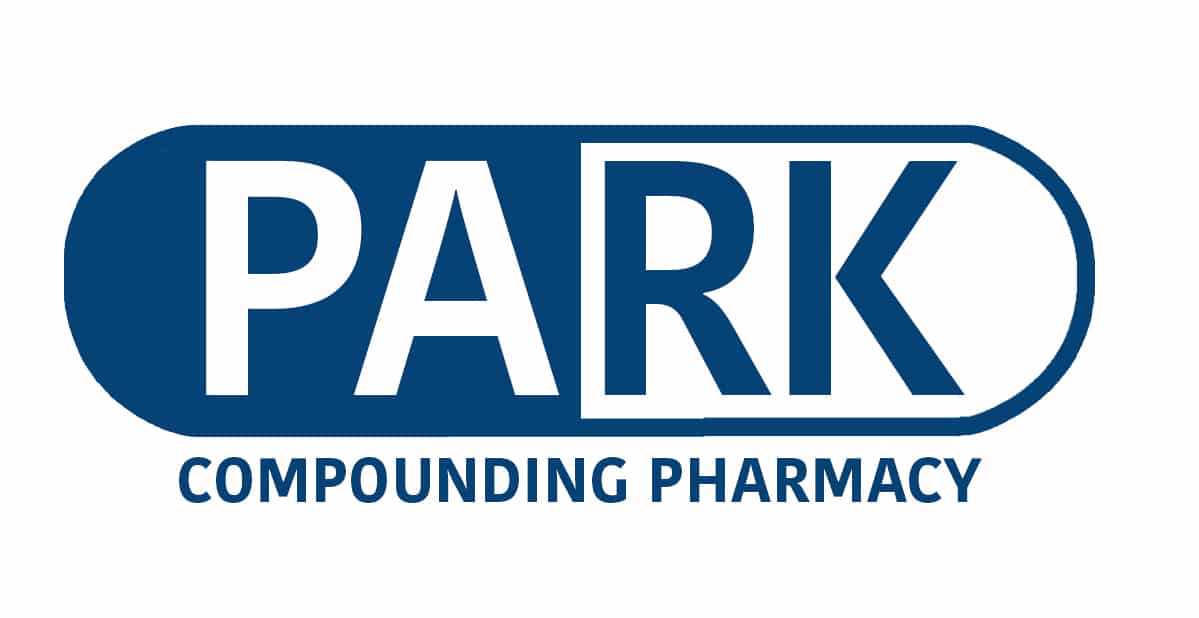In a nationwide observational study in Sweden it was found that women age 50-80 who were receiving estrogen replacement therapy were less than half as likely to die from COVID-19 compared to those who were not receiving therapy. It is important to note that this was an observational study and that further research and clinical studies would be needed before this information could be put to use.
Description of Study
This study included 14,685 women between the ages of 50-80. Of these women, 17.3% had received estrogen replacement therapy. In addition, 1.5% of the women had decreased estrogen levels due to breast cancer and antiestrogen treatment. The percentages of patients who died of COVID-19 were 4.6% of controls, 10.1% of those with decreased estrogen, and 2.1% with increased estrogen. These results showed a significant difference for patients with increased estrogen levels.
The limitations of this study included that it was observational, retrospective, and non-randomized. That means there were no controls involved and the participants were not part of a clinical trial studying the effectiveness of estrogen replacement in treating COVID-19.
U.S. Clinical Trial
While this study showed promise and opened up the possibility of further research, it was not conclusive. However a U.S. clinical trial that is currently recruiting is being conducted at Tulane University. In the description of the study, the researchers state:
“The purpose of this study is to determine to what extent a short systemic steroid therapy with estradiol and progesterone, administered early to hospitalized and confirmed COVID-19 positive patients of both sexes in addition to standard of care (SOC) can reduce the severity of symptoms and outcomes compared to SOC alone.”
The researchers note that from examining hospital records it was found that women under 50 had a significantly reduced risk of mortality from contracting COVID-19. This reduction in risk was not significant for women over 50, suggesting ovarian estrogen was relevant. Overall men have a much more significant risk of mortality from COVID-19 than women. They further noted that a retrospective analysis of health records showed that the use of estrogen therapy also reduce the risk of developing more severe symptoms.
The main female steroids, 17β-estradiol and progesterone, have anti-inflammatory actions and modulate the immune system due to receptors on all immune cells for both hormones. Together these hormones reduce production of proinflammatory cytokines and have other positive effects on the anti-inflammatory response of immune cells.
Further Research
The U.S. clinical trial is still in the recruitment stage so as of right now there is no conclusive evidence that estrogen therapy should be a part of COVID-19 treatment protocols. If it is determined that hormone therapy could benefit COVID-19 patients, it would be an advantage over some other treatments being studied. Estrogen and progesterone have been studied for many years and there is a large amount of accumulated knowledge on their effects. There are already approved forms of these hormones that are prescribed regularly. Re-purposing a well-researched drug that is widely available could provide an improvement on current treatment protocols.
Articles
Association between pharmaceutical modulation of oestrogen in postmenopausal women in Sweden and death due to COVID-19: a cohort study – BMJ Open
Estradiol and Progesterone in Hospitalized COVID-19 Patients –ClinicalTrials.gov







